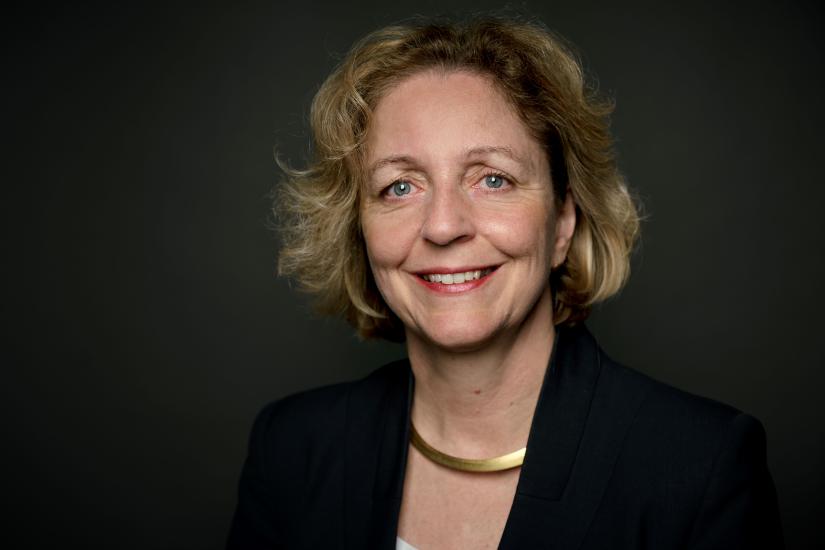
Overview
Democracies need money. At the same time, money can distort democratic decision-making processes. While this is a fundamental dilemma for any democratic system, it is particularly true for the so-called "new democracies" of Central and Eastern Europe. Many of them are confronted with "oligarchs", i.e. people who have managed to amass enormous fortunes during the transition period and who influence political parties, media, and decision-making in an opaque way, thus undermining trust in the system. The EU has identified the issue of 'oligarchs' as crucial to the accession process and has asked Ukraine, Moldova, and Georgia to adopt 'de-oligarchisation laws'. However, it is very difficult to define best practices and to find good solutions. The lecture analyses the danger of oligarchs for democracies, takes up the discussion in Ukraine, Moldova, and Georgia, and explains the "uneasiness" of the relationship between democracy and big money.
Angelika Nussberger specializes in the protection of fundamental rights, comparative constitutional law, and the influence of international law on legal development in Central and Eastern Europe. In 2010, she was elected by the Parliamentary Assembly of the Council of Europe as a judge at the European Court of Human Rights. In 2017, she became Vice President of this court, the first German to hold this position. After returning to the University of Cologne in 2020, she became the founding director of the Academy for European Human Rights Protection there. Since 2020, she has also been a Judge of the Constitutional Court in Bosnia-Herzegovina and Germany’s representative at the ‘Venice Commission’ (European Commission for Democracy through Law), whose Vice President she became in 2022.